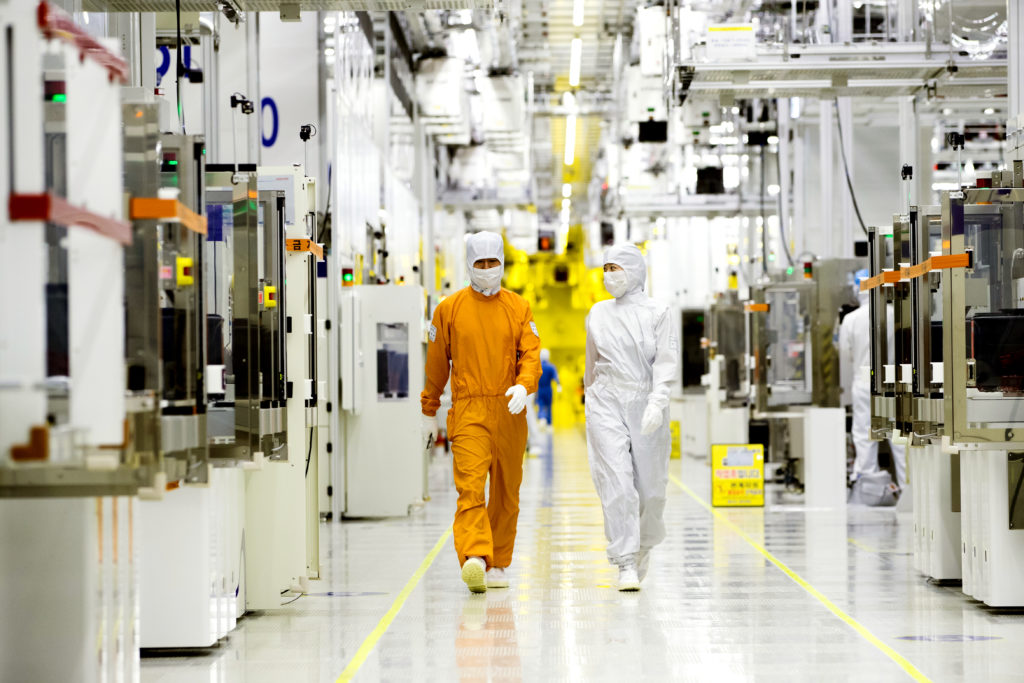The Peninsula
Korea Aims to Invest with Maximum Industrial Impact

What Happened
- On May 13, the South Korean government announced it will provide tax incentives and subsidies to encourage growth and investment in the domestic chip market.
- On May 25, the government announced additional plans to provide financial incentives and support to domestic makers of automotive chips and other key car components.
- The government also sent requests to foreign automotive chip manufacturers to resolve Korea’s supply issues.
Implications: South Korea’s public investments aim to maximize the output in the overall industrial ecosystem rather than boost returns in any single sector. Although South Korea is one of the largest chip manufacturers in the world, public support for the sector comes only as the growing shortage threatens to impact other domestic industries. Korean technology firm Samsung recently suggested that the chip shortage may force the company to skip the release of the next Galaxy Note smartphone. The company also revealed that the ongoing shortage is affecting its other consumer products like home appliances and televisions. Similarly, automaker Hyundai announced that the delayed chip delivery threatens to halt its growth momentum despite high profits at the beginning of 2021. Given the effect of these shortages on multiple key sectors, the government now looks to make a direct public investment to boost semiconductor production.
Context: According to 2020 UN Comtrade data, South Korea is the fifth largest exporter of motorized passenger vehicles in the world. Passenger vehicles, not accounting for public or specialized vehicles, represented 7% of South Korea’s exports in 2019. However, the country only manufactures about 2.3% of the globe’s automotive semiconductors. Due to the strict safety standards and small financial returns, automotive semiconductors are not a popular sector for Korea’s domestic chip industry. However, their importance was heightened when Korean automakers Kia and Hyundai were forced to shut down multiple times throughout April and May due to shortages.
This briefing comes from Korea View, a weekly newsletter published by the Korea Economic Institute. Korea View aims to cover developments that reveal trends on the Korean Peninsula but receive little attention in the United States. If you would like to sign up, please find the online form here.
Korea View was edited by Yong Kwon with the help of Melissa Cho and Alexandra Langford. Picture from the flickr account of Samsung Newsroom.
